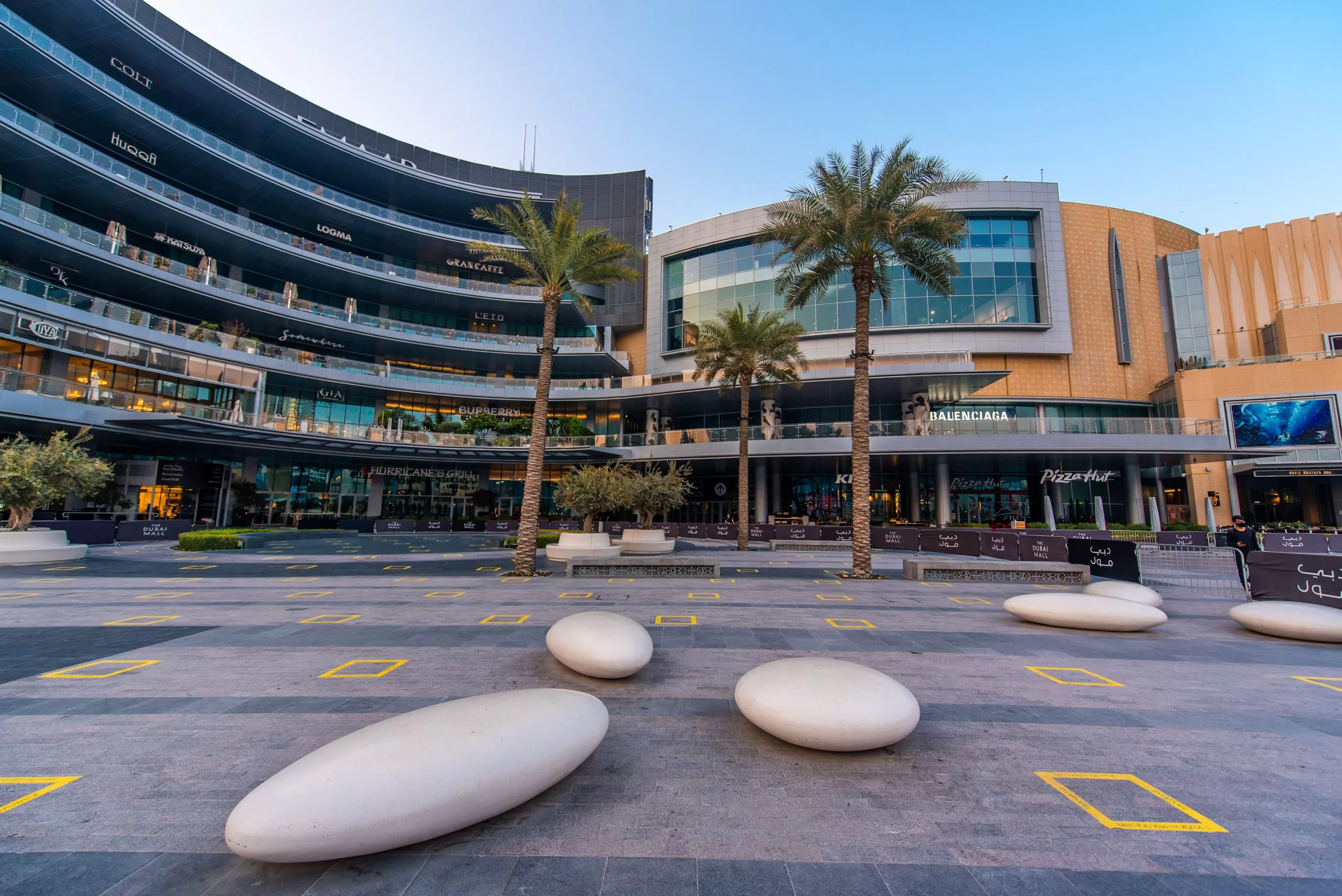
Search
People also search for:
quick contact:
We're on social media:
Smart buildings transforming Middle East’s shopping landscape
Smart buildings transforming Middle East’s shopping landscape
Smart buildings transforming Middle East’s shopping landscape

The complexity of Gulf mega shopping destinations demands sophisticated management tools.

Graham Easton,UAE General Manager, ENGIE Solutions
The GCC is deservedly celebrated for its forward-thinking approach to retail and commerce. Innovation and customer-centricity have positioned the region above global peers, with retail now a major contributor to GCC economies.
Behind the scenes, innovative facility management practices have emerged as crucial drivers for this revolution. In a retail landscape where traditional souks and ultramodern malls coexist, smart building technologies serve as a bridge between heritage and innovation. The unique challenges of the Middle Eastern market—from extreme climate conditions to cross-border operations—have become catalysts for innovation, spurring the development of solutions that are not only technologically advanced but also culturally attuned.
At the forefront of this change is ENGIE Solutions, which has established itself as a pioneering force in the field of smart building solutions for facility management. With a deep understanding of the region’s specific needs and a commitment to sustainable innovation, the company is driving the integration of cutting-edge technologies in retail spaces across the GCC. Our comprehensive approach encompasses energy management, customer comfort enhancement, advanced security systems, and remote maintenance capabilities. This not only improves operational efficiency and reduces costs but also contributes significantly to creating world-class shopping experiences that meet the high expectations of the region’s diverse and discerning customer base.
State-of-the-art FM practices are perhaps more impactful in energy management, a critical concern in a region where temperatures can soar to extreme levels. Smart sensors and Internet of Things (IoT) devices optimise energy usage, creating efficient microclimates within vast retail spaces. This translates to significant cost savings and a reduced environmental footprint for facility managers, aligning seamlessly with the GCC’s ambitious sustainability goals. Moreover, this smart approach to energy management dovetails with the broader initiative of creating sustainable, smart cities across the Middle East.
Customer comfort—deeply rooted in the hospitality-centric culture of the Middle East—has been elevated to new heights through intelligent cooling systems. These systems adapt to occupancy levels and external conditions in real-time, ensuring an inviting environment regardless of the crowds or the weather outside. This level of responsiveness enhances the shopping experience and contributes to overall energy efficiency, creating a synergy between customer satisfaction and sustainable operations.
The complexity of Gulf mega shopping destinations demands sophisticated management tools, and Building Information Modeling (BIM) has emerged as an indispensable asset in this regard. BIM’s ability to provide a comprehensive digital twin of retail complexes is invaluable in a region where rapid development and constant upgrades are the norm. From optimising store layouts to streamlining maintenance, BIM empowers facility managers to make informed decisions quickly and efficiently, ensuring that these retail behemoths operate at peak performance. This technology enhances operational efficiency and supports the agility needed to keep pace with the rapidly evolving retail landscape.
A significant advancement for the facility management sector is the development of remote maintenance capabilities. In a region where many retail chains operate across multiple countries, the ability to monitor and manage facilities from a central location is transformative. This capability reduces operational costs and ensures consistency in customer experience across different cultural and regulatory environments. Facility managers can now oversee multiple locations simultaneously, identifying and addressing issues proactively, often before they impact the shopping experience. This proactive approach marks a shift from reactive maintenance to predictive and preventive strategies, significantly improving the reliability and performance of retail facilities.
In the case of ENGIE Solutions, we have brought all our technologies together in an Operations Control Centre (OCC) called the Integrated Centre for Engineering & Environment (iCEE) in Dubai, which improves the visibility and control of energy and asset performance across our client’s portfolios. From here, we operate smart IoT platforms that include artificial intelligence and machine learning to automatically identify energy and operational savings and detect issues before they happen.
Integrating these innovative building solutions represents more than a technological upgrade—it’s a paradigm shift in how retail spaces are managed and experienced. For facility managers, it means a transition from reactive to proactive management. The role now encompasses data analysis, predictive maintenance, and strategic planning, elevating the profession to new heights of sophistication and importance. This evolution in job roles contributes to the diversification of the GCC economies, a key goal for many countries in the region.
As we look to the future, the potential for further innovation in retail facility management is vast. Integrating AI and machine learning promises to make buildings even more responsive and efficient. These advancements enhance the shopping experience and contribute to the broader goals of creating sustainable, smart cities across the Middle East. The continuous evolution of these technologies ensures that the retail sector remains at the cutting edge of innovation, constantly adapting to meet changing consumer expectations and environmental demands.
webincorp